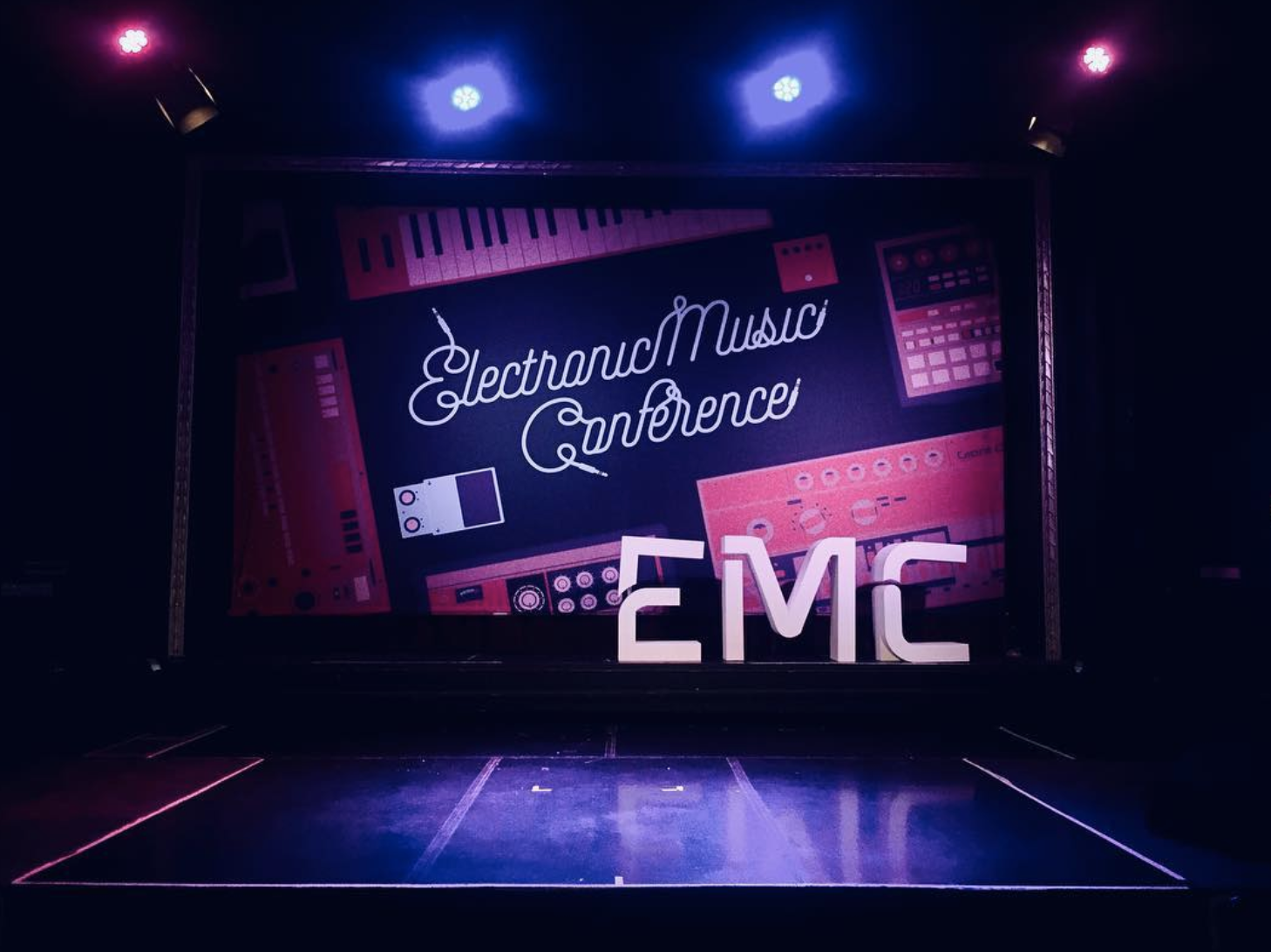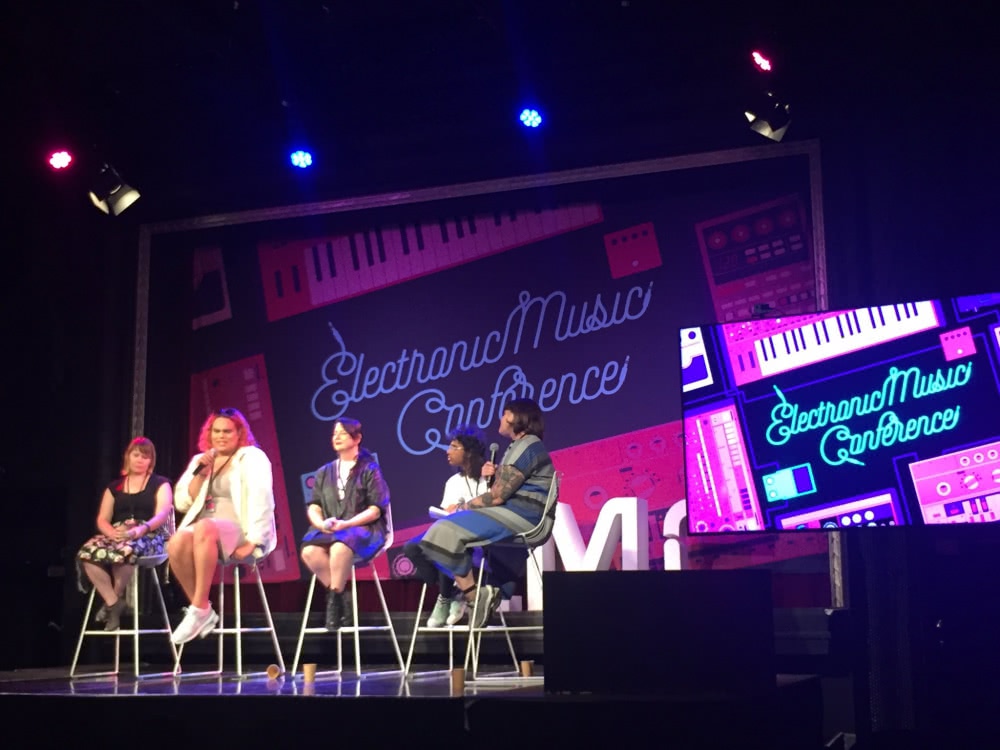Why your event needs a Safer Spaces Policy

Working towards creating safer spaces in music is vital to ensure that everyone is able to enjoy live music without feeling threatened or uncomfortable. That’s the word from a panel yesterday held as part of this year’s Electronic Music Conference.
Broadly defined, “safer spaces” mean ones that work to be free from intimidation and threats of violence and harassment, accessible to anyone who wishes to attend, and ultimately safe for all. For artists, promoters and venue owners, working towards these spaces is particularly crucial at a time when the prevalence of sexual harassment and violence at venues is at a disturbing high.
For many, encountering sexual harassment has become a normalised aspect of a night out. The statistics panelist Dr. Bianca Fileborn uncovered with her research into unwanted sexual behaviour back this up – 80.2% of the 230 people surveyed viewed unwanted sexual attention as common in Melbourne’s pubs and clubs.

While grassroots communities have been working towards safer spaces for years, it’s becoming clear that official policy and government backing are critical steps to reducing these rates.
The panel included co-founder of lobby group Save Live Australian Musician and member of the Live Music Roundtable Helen Marcou. She was part of a team writing policy for a recently government-funded task force to examine sexual assault in music venues; through which she hopes there’ll be cultural change, with people having the tools to identify behaviours and work on prevention.
According to Helen Marcou, there needs to be comprehensive support for policy aimed at reducing violence and harassment
“It’s important it is supported across the board – the music industry, women’s groups, government, queer groups – and then we can have a comprehensive rollout,” she said. Fileborn agrees, explaining that while working with government can be problematic, implementing wide scale change requires the backing – both in terms of power and money – that comes with it.
According to Brisbane musician Miss Blanks, it’s important to acknowledge the way Australian music culture’s history is wrapped up in whiteness and patriarchy. There’s often an unfair onus on marginalised artists to be the ones instigating change – “I’m tired of doing the work. It’s the same conversation – just change your shit”.

Credit: Allison Gallagher
For artists or promoters wanting to uphold safer spaces in communities or shows, the advice from the panel was to consult with your community and think about barriers to participation. “If marginalised people do emotional labour, sit down and listen”, said Miss Blanks.
For venues, working with communities to have clear safer spaces policies and procedures in place – as well as taking claims of sexual violence or harassment seriously – can be important and empowering steps.
Artists, too, have a particular power to influence and enact change within their audiences. Last year, Melbourne band Camp Cope spearheaded the #ItTakesOne campaign – calling on audiences to identify and stand up against violence and sexual assault at gigs. Artists speaking out about these behaviours can have a huge impact in working towards a culture where people can feel safe attending a show or club.
Uda Widanapathirana explained that looking into the demographics of your show was an important aspect
“Think about the cultural barriers that might make it hard to enter those spaces. Why are people of colour not coming to your show? Think about those barriers and work towards deconstructing them.”
As there’s a position of power present in organising shows, Widanapathirana said it’s important to use that platform to enact change. “If people can realise their influence, they need to see it as a responsibility, rather than an opportunity.”
The bottom line? If you’re not incorporating safer spaces policies, you’re not looking out for your audience.
This article originally appeared on The Industry Observer, which is now part of The Music Network.






























